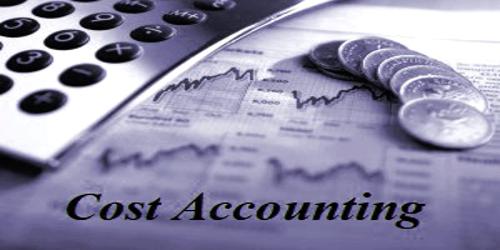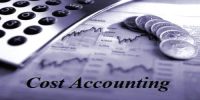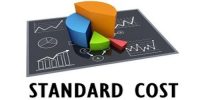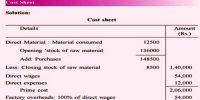Cost accounting is the process of collecting information about the costs incurred by a company’s activities, assigning selected costs to products and services and other cost objects, and evaluating the efficiency of cost usage. It is mostly concerned with developing an understanding of where a company earns and loses money, and providing input into decisions to generate profits in the future.
The main objectives of cost accounting can be summarized as follows:-
(a) Ascertaining Costs: The first and foremost objective of cost accounting is to find out cost of a product, process or service. The other objectives which have been mentioned hereafter scan be achieved only when the costs have been ascertained.
(b) Determining Selling Price: Business enterprises are run on a profit-making basis. It is thus necessary that the revenue should be greater than the costs incurred in producing goods and services from which the revenue is to be derived. Cost accounting provides information regarding the cost to make and sell such products or services.
(c) Measuring and Increasing Efficiency: Cost accounting involves a study of the various operations used in manufacturing a product or providing services. The study facilitates measuring of the efficiency of the organization as a whole as well as of the departments besides devising means of increasing the efficiency.
(d) Cost Control and Cost Reduction: Cost accounting assists in cost control it uses techniques such as budgetary control, standard costing etc. for controlling costs. Budgets are prepared well in advance. The standards for each item of cost are determined, the actual costs are compared with the standard costs and variances are found out as to their causes. This greatly increases the operating efficiency of the enterprise. Besides it, cost is required to be reduced also constant research and development activities help in reduction of costs without compromising with the quality of goods or services.
(e) Cost Management: The term ‘Cost Management’ includes the activities of managers in short-run and long-run planning and control of costs. Cost management has a broad focus. It includes both cost control and cost reduction. As a matter of fact cost management is often invariably linked with revenue and profit planning. For instance, to enhance revenue and profits, the management often deliberately incurs additional costs for advertising and product modifications.
(f) Ascertaining Profits: Cost accounting also aims at ascertaining the profits of each and every activity. It produces statements at such intervals as the management may, require. The financial statements prepared under financial accounting, generally once a year or half year, are spaced too far apart in time to meet the needs of the management. In order to operate the business at a high level of efficiency, it is essential for the management to have a frequent review of production, sales and operating results. Cost accounting provides daily, weekly or monthly volumes of units produced, accumulated costs together with appropriate analysis so that quantum of profit and profitability is known.
(g) Providing Basis for Managerial Decision – Making: Costs accounting helps the management in formulation operative policies. These policies may relate to any of the following matters:-
- Determination of cost – volume -profit relationship.
- Shutting down or operating at a loss.
- Making or buying from outside suppliers.
- Continuing with the existing plant and machinery or replacing them with improved and economical means.
















